Offering a choice of three stunning coastlines, historic villages and dozens of wine-making regions France has long been one of our favourite places to buy a holiday home. Queen Victoria loved Nice, Noel Coward adored Cap Ferrat and the ‘old’ French Riviera between Toulon and Hyères features in the new Downtown Abbey film out next month, with Dame Maggie Smith’s Dowager Countess enjoying a Belle Epoque holiday home there.
Our nearest neighbour has remained a popular choice during the pandemic because it’s really the only feasible place to drive to, and Brittany, Normandy and the Loire have seen an uptick in demand from British buyers less keen on flying. Whether you want chic beach resorts like La Baule, or wild coastal walks around rugged Finistere, Brittany is a great location to earn some rental income to help pay your property’s running costs. This four-bedroom property in Morbihan, which comes with a detached gite and the scope to keep horses, is €295,000.
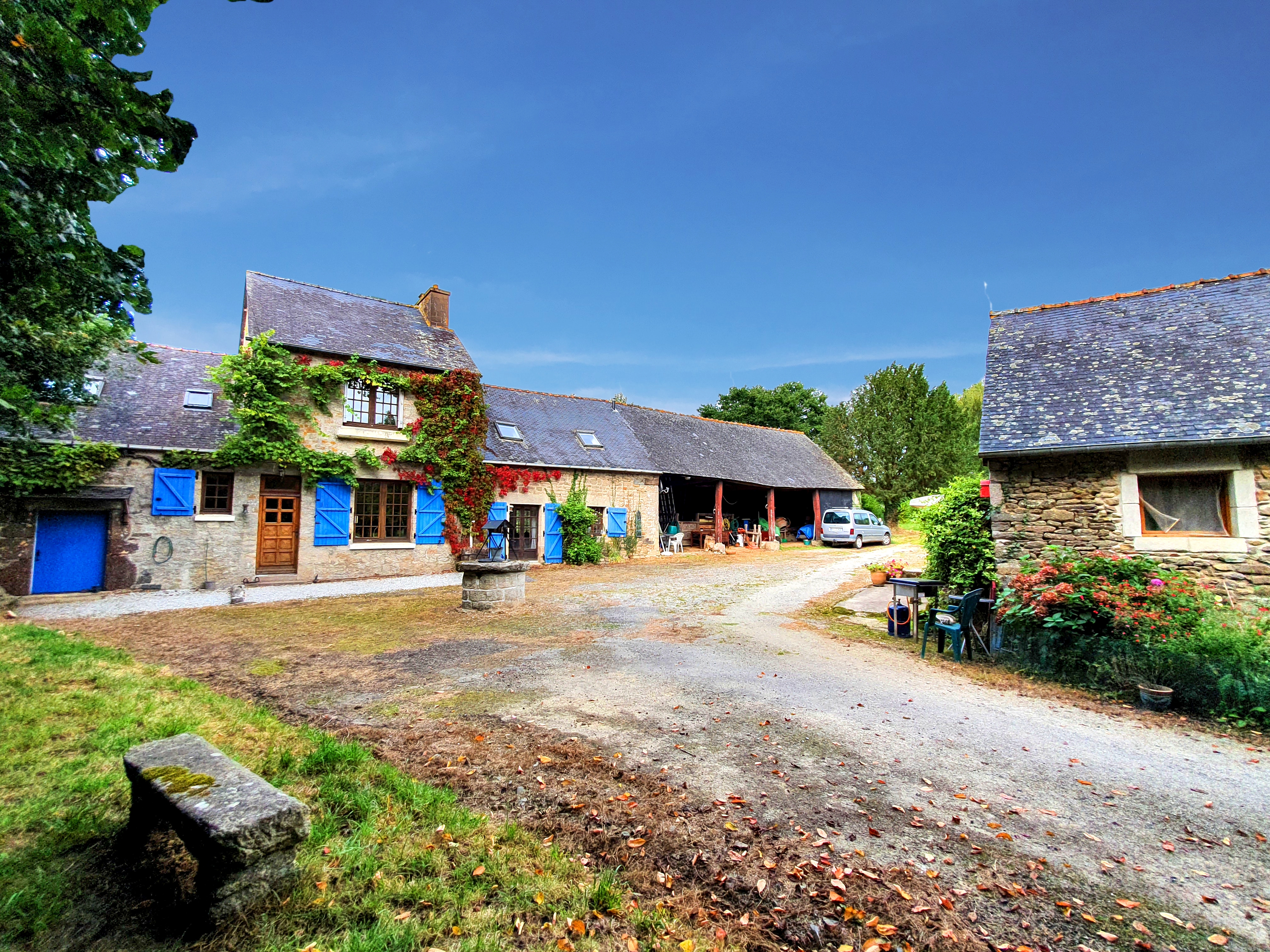
The relatively low cost of rural land in northwest France might make it tempting to buy a former farming property with a couple of acres but is it really practical? ‘If you are buying a second home, a property with limited outside space could present a better option. Whilst a large garden can be an attractive feature, it will require regular upkeep which will increase running costs,’ says Matthieu Cany, director of Sextant Properties, an agency.
But the perennial rural favourites in the southwest – the Dordogne, Lot et Garonne and Bordeaux – are still prompting interest. According to the property listing portal Rightmove, the Dordogne saw the highest number of property searches during 2021 of all the French regions. This eight-bedroom sixteenth-century bourgeois property in Thiviers for £576,450 offers plenty for house guests, paying or otherwise.
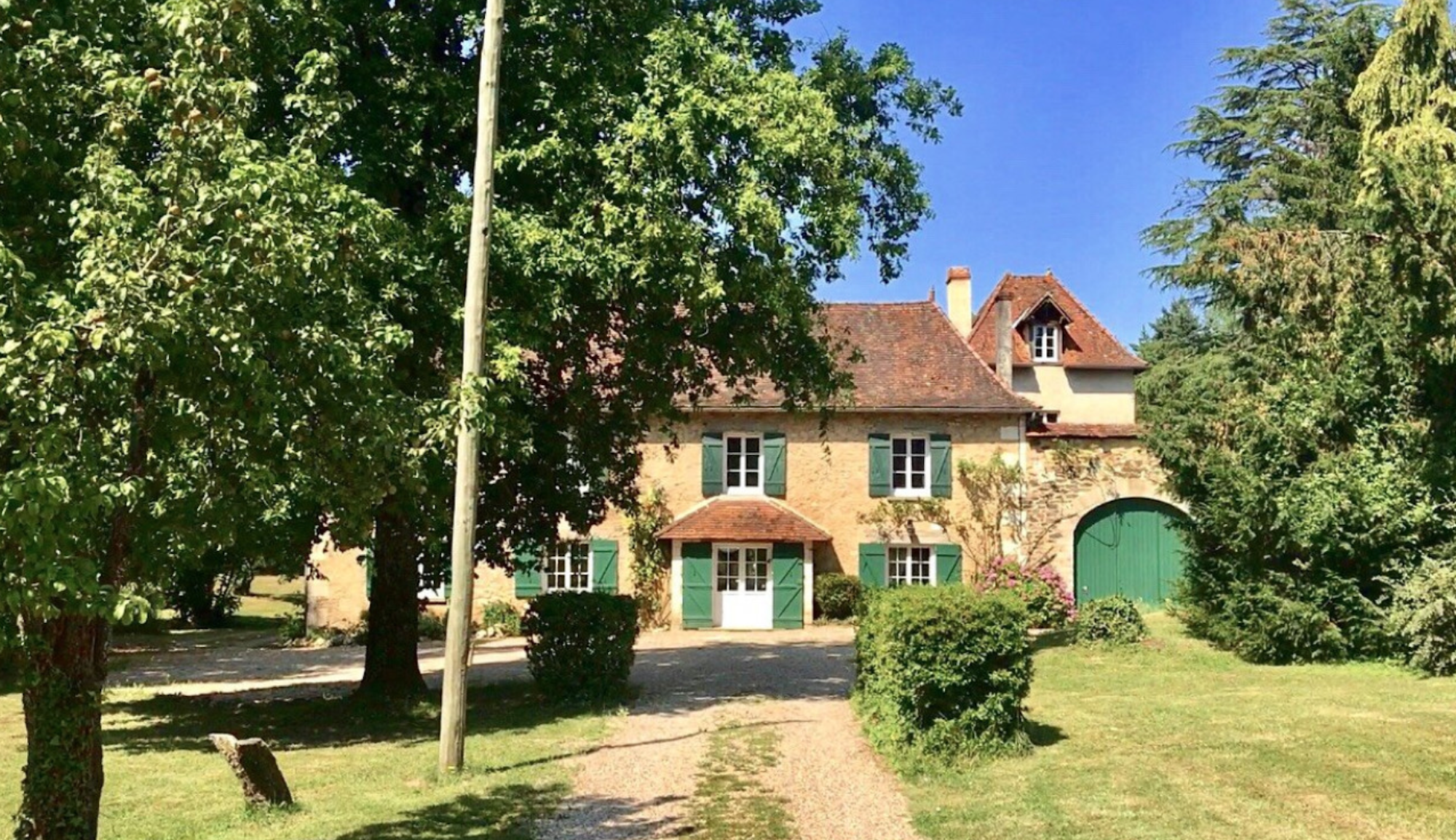
The Dordogne is not the only region offering verdant valleys, affordable stone houses and charming villages full of tempting local gastronomies, and your money will go further in areas to its north – the Charente, Haute Vienne, Vienne and Deux-Sevres. Proof of just how far €200,000 can go in such departments is this sixteenth-century riverside mill 40 minutes from Limoges that has been tastefully renovated.
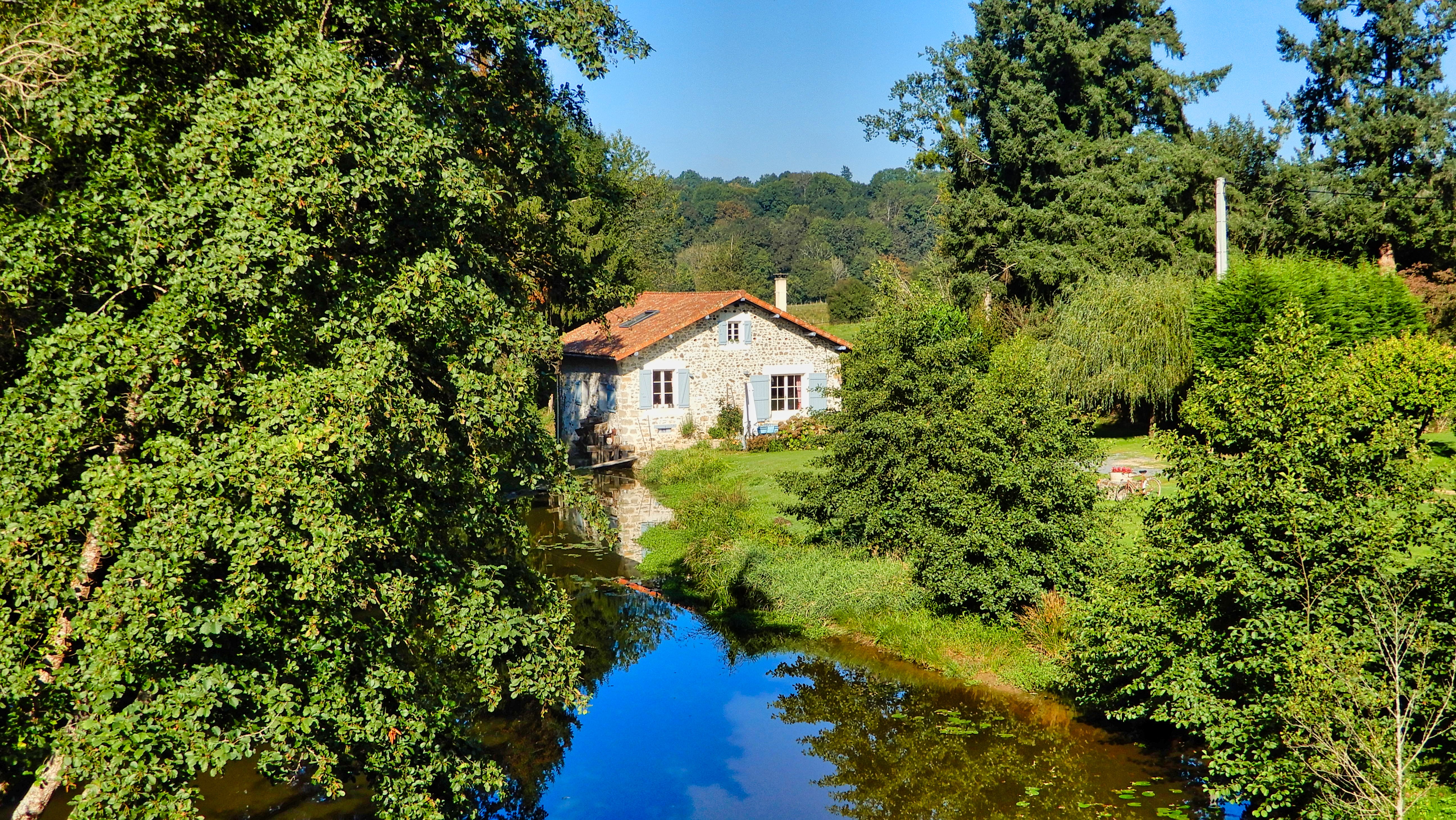
Down on the Riviera, Cannes and Cap Ferrat are doing brisk business, but Valbonne is the place for Britons, so much so it’s known locally as ‘little Britain’ even though it’s a quintessentially French village, says Tim Swannie of agent Home Hunts: “But other villages nearby such as Opio, Le Rouret and Roquefort Les Pins are also popular.”
La Garde Freinet is also long favoured by the British for being a peaceful village above Saint-Tropez, ideally placed for those who wish to dip their toe into Le Club 55 or the town’s must-see street market. A five-bedroom villa with panoramic views is for sale at €3,450,000.
The French buying process (unchanged by Brexit) offers buyers an advantage too. When you’ve had your offer accepted (first a verbal one that is followed up with a written version) the notaire prepares the initial sales contract (compromis de vente). In France, the notaire performs the conveyancing role of a solicitor.
This is a binding agreement for the owner to sell the property to the buyer, explains Swannie. ‘But the buyer has a 10-day cooling offer period after signing it so whilst they secure the property with no chance of being gazumped, they have time to reflect before being 100 per cent committed.’ Beware that it’s the buyer who pays the non-negotiable notaire fees, that include stamp duty – expect to pay 7-8 per cent of the purchase price for a second-hand property. Also check at the outset if you will be liable to pay the estate agent commission (it’s not always the seller who does).
Of course, you also need to consider the upkeep costs of a holiday home. Apart from annual property taxes, you may wish to pay someone to keep an eye on your property when you are not there. During the unexpectedly long absences caused by the pandemic, leaky roofs, blocked drains and electric cables gnawed through by mice were all things that befell non-attendant property owners.
It is worth considering paying someone to do monthly checks on your property – or to assist you grappling with utility companies or the French tax authorities. Boris Kermarrec of Leggett Property Management (LPM) who is based in Brittany will put up an IKEA flatpack bed, give the garden a tidy-up, or even sort out the broadband for you.
Finally, be sure to take legal advice on French inheritance law and taxation when you buy a home. It is both rigid and complicated and tends to favour the interests of any children over a surviving spouse. All that aside, a French bolthole can offer all sorts of bonnes vacances only a short hop across the Channel.

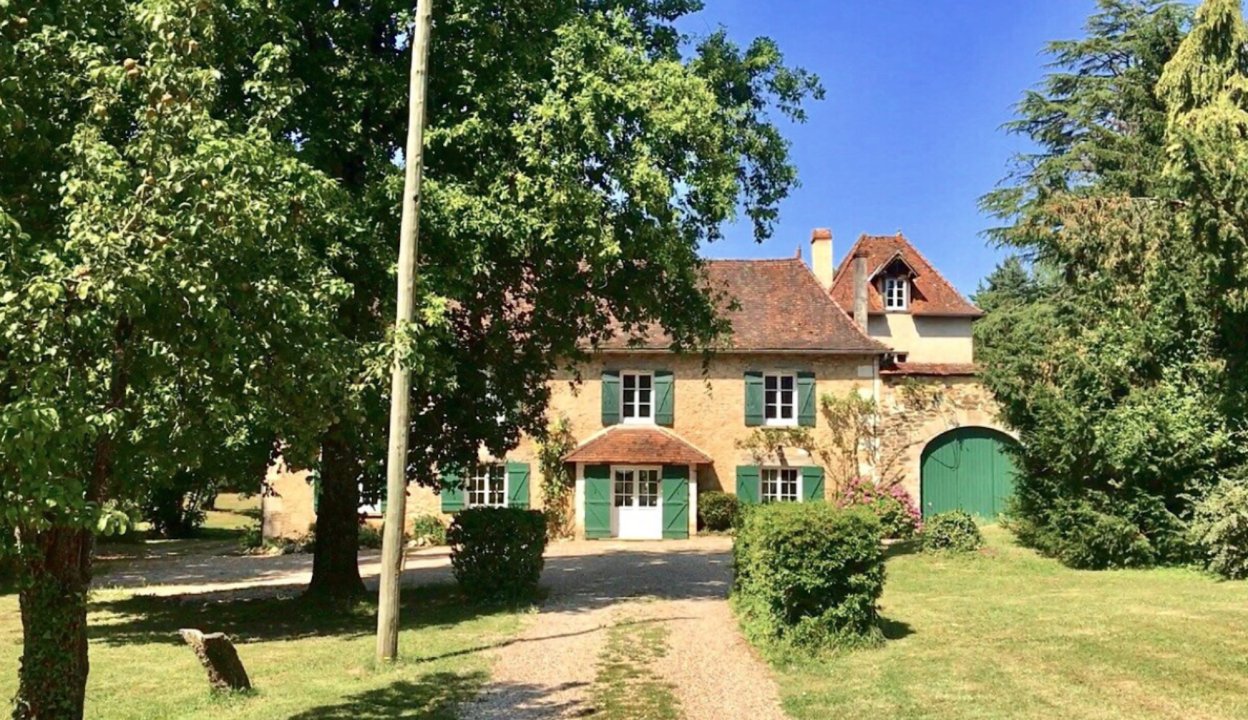
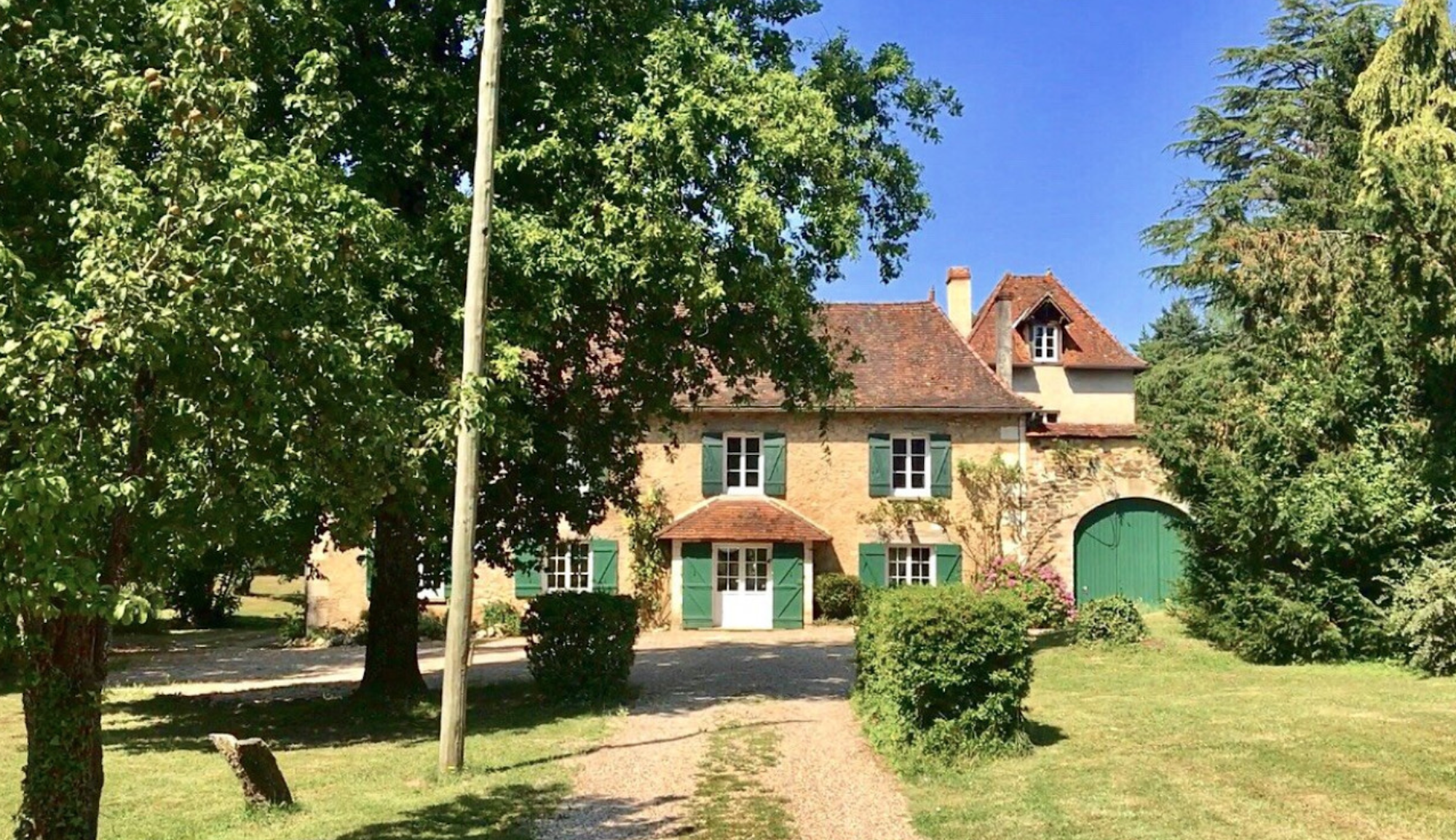




Comments